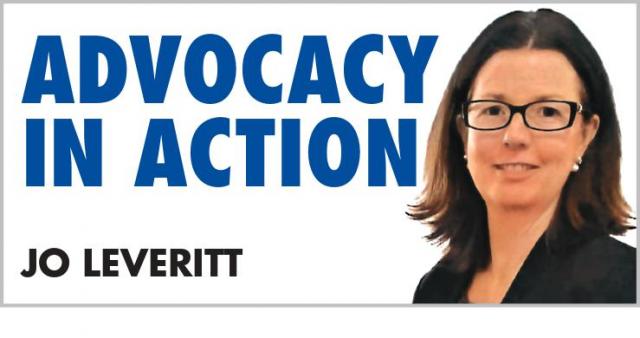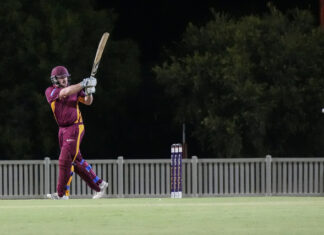“Our lives begin to end the day we become silent about things that matter“.
The spirit of Martin Luther King Jr’s powerful words from his 1965 sermon in Selma, Alabama, resonated across Australia this weekend. King’s message about the moral imperative to stand up for justice and truth in the face of adversity found new life in the rallies against violence that swept the nation.
In Bundaberg, a crowd gathered in Lions Park, to stand up for what is right.
They were part of a nationwide movement, refusing to remain silent about the persistent scourge of violence against women that has plagued the country for decades.
Just as King spoke out after Bloody Sunday, Australians are speaking out in the wake of continued violence against women and children.
The Bundaberg rally was one of many across the country. Australians joined forces in an unprecedented show of unity with rallies held in locations including Byron Bay, Geelong, Port Macquarie, Melbourne, Brisbane, Adelaide, Hobart, Sydney, Darwin, Orange, Canberra, Launceston, Bendigo and Logan.
The message voiced across the country was clear: enough is enough.
This wave of activism comes just 12 weeks after similar rallies in April 2024, which prompted Prime Minister Albanese to declare domestic violence a national
emergency.
The government’s response included a dedicated National Cabinet meeting, a pledge of $925 million to tackle the problem and a promise of permanent
funding for the Escaping Violence Program.
However, many rally organisers and participants, including those in Bundaberg, are questioning the substance behind these announcements.
Concerns were raised about the distribution and implementation of the pledged $925 million, with some viewing it as merely a commitment to address the problem at some unspecified future date.
The promise to make the Escaping Violence Payment permanent has also been met with scepticism among the Bundaberg attendees.
While the program offers up to $5000 in crisis support, its application process has been criticised as re-traumatising for survivors.
Reports from the rally described instances of survivors being reduced to tears when seeking help, facing unnecessary questions that forced them to relive their traumatic experiences.
Perhaps most frustrating for many in attendance was the sense of déjà vu surrounding the declaration of a national emergency.
This is not the first time such a declaration has been made.
In fact, it’s part of a 40-year cycle of similar announcements and initiatives, starting with Prime Minister Bob Hawke declaring domestic violence a national emergency in 1985.
Since then, there have been numerous national agendas, strategies, summits and surveys, spanning multiple governments and decades.
Speakers at the Bundaberg rally, pointed out that the recommendations being made today are similar to those made 40 years ago.
The consensus among attendees was clear: what is needed is not more declarations, but action.
Australians are demanding more than words.
They want to see funding that reaches the front lines, support systems that don’t re-traumatise survivors, and real change in laws, social structures, and attitudes.
Will these rallies finally break the cycle of rhetoric and usher in an era of meaningful change?
Or will Australians, including the people of Bundaberg, find themselves gathering again in another decade, still fighting to be heard about the things that
matter most?









